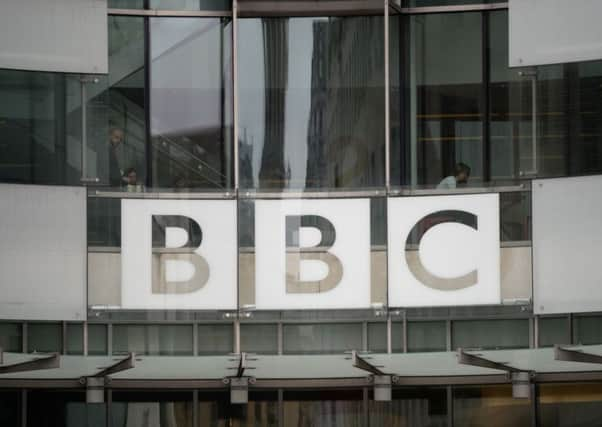Leaders: We need to know BBC has learned lessons of Savile


We were already aware of the depth and scale of these monstrous attacks on men, women and children, which included Savile’s rape of a ten-year-old girl and sexual assault on an eight-year-old. Targets were usually the most vulnerable in society, encompassing everyone from starstruck kids in care to elderly hospital patients.
However, despite its 1,000 pages and £6.5 million price tag, the inquiry has failed to enlighten us as to how and why this shameful situation was allowed to carry on.
Advertisement
Hide AdAdvertisement
Hide AdDame Janet Smith admitted her report makes for “sorry reading” but claims there is no evidence that senior bosses were aware of their staff’s actions.
The corporation’s director-general, Lord Hall, acknowledged that “a serial rapist and a predatory sexual abuser both hid in plain sight at the BBC for decades”.
These claims are hard to believe. The lawyer representing nearly 170 of Savile’s victims has dubbed the exercise “nothing more than expensive whitewash”. She may have a point.
The investigation blames a culture of fear for stopping anyone blowing the whistle on the men, who exploited the power afforded by their celebrity status to prey on victims whenever and wherever it took their fancy. One of Savile’s victims was told to “keep your mouth shut, he is a VIP”.
Another excuse repeatedly cited in the three-volume dossier is “things were different then”. But that is a lame defence.
What the report reveals is a publicly funded corporation that has been dysfunctional over an extended period of time. More worrying still is the thought that not very much has actually changed. The report maintains an “atmosphere of fear” still exists.
Though the report admits many of the failings that contributed to allowing these individuals – and possibly others – to continue their depraved activities unchallenged, it does not spell out what actions have been taken since the scandal came to light to ensure this situation can never arise again.
Recent spats with DJ Tony Blackburn, who has been sacked after a dispute over the evidence he gave to the Smith inquiry, and former Top Gear host Jeremy Clarkson, who parted company with the broadcaster after walloping a producer, do not suggest an organisation in control. The Blackburn move in particular suggests a knee-jerk reaction, as executives sense they need to make a public example by coming down hard on the media big shots, but don’t know how to go about it.
Advertisement
Hide AdAdvertisement
Hide AdLicence payers need an assurance that major changes have been enacted to end the deferential bowing to “talent” and protect workers in the lower echelons of the BBC – not to mention members of the public who come into contact with celebrities who have been for too long considered untouchable.